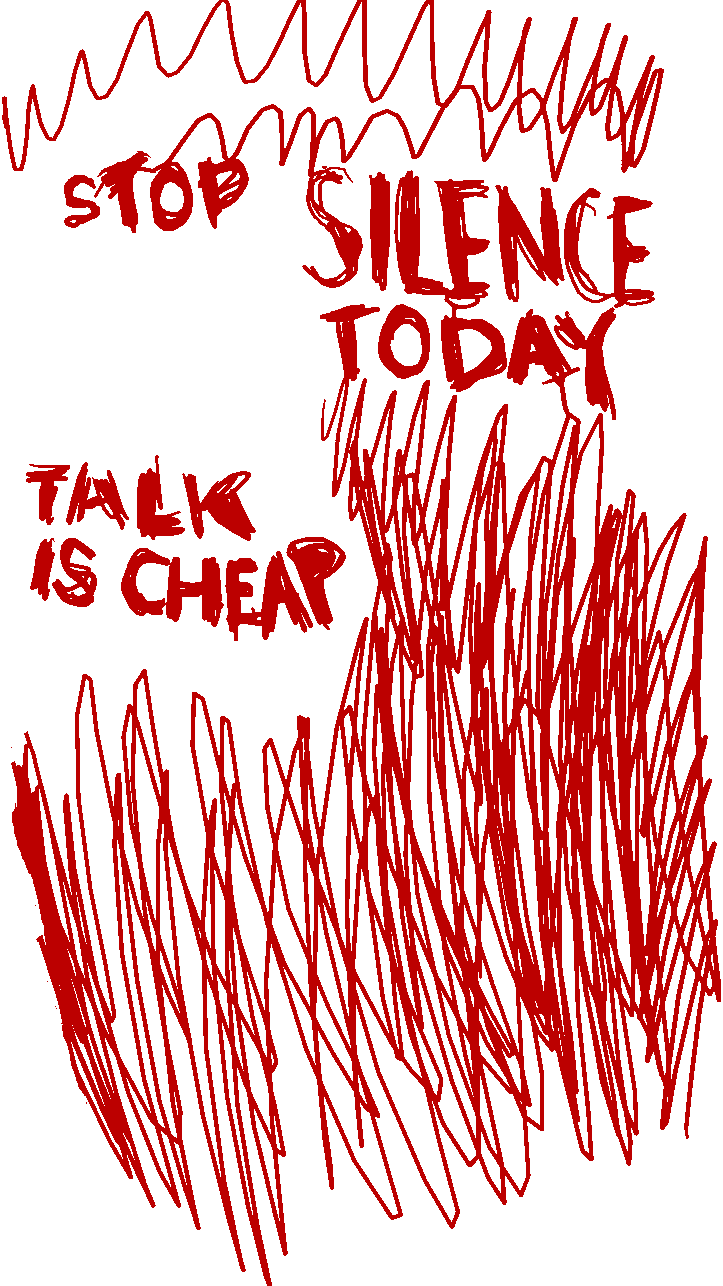Poland would be ready to supply Ukraine with F-16 fighter jets if NATO partners collectively decide to do so, Polish Prime Minister Mateusz Morawiecki said in an interview with German daily newspaper Die Bild published Thursday.
“If this was a decision of the whole of NATO, I would be in favor of sending these fighter jets,” he said.
“My assessment is based on what NATO countries decide together,” the Polish leader said, stressing that Russia’s invasion of Ukraine ”is a very serious war,” in which Poland and other NATO countries “are not participating.”
The decision to supply Ukraine with fighter jets needed the “strategic consideration of the whole NATO alliance.”
Top Ukrainian officials have in recent days escalated their public lobbying campaign for US-made F-16 fighter jets, arguing they need them urgently to defend against Russian missile and drone attacks.
The United States and Germany have ruled out any deliveries of fighter jets to Ukraine for now. Other NATO members such as France and the Netherlands have said they would be more open to the idea, however, neither the Netherlands nor France had received any official requests from Ukraine to send the fighter jets.
In January, the German government — under pressure from allies including Poland — approved sending German-made Leopard 2 battle tanks to Kyiv.
Berlin’s Ukraine policy has increased mistrust toward Germany, the Polish leader told Die Bild.
“I would say that a year ago there was a lot of trust in Germany from many other countries. And now this pendulum has moved toward mistrust,” Morawiecki said, adding, “especially within the family of Central and Eastern European countries and also members of the European Union.”
”Germany has the potential to provide much more support than it has done so far, it has decision-making power within the European Union, it has money for Ukraine, it has diplomatic power,” the prime minister went on to say.
Morawiecki explicitly criticized German chancellor Olaf Scholz. Albeit Scholz’ support for Ukraine, the chancellor “still seems to believe it should be business as usual with Russia,” he said in the interview.
The prime minister said that he believes talking to Russian President Vladimir Putin sends the wrong signal to the world.
”I think it’s wrong because it only gives Putin oxygen and doesn’t achieve anything. Putin actually achieves his goals with such talks, because he shows the rest of the world and his own people, ‘Look, I’m in great demand, everyone wants to talk to me, everything depends on me,” the Polish leader said.
CNN’s Natasha Bertrand and Alex Marquardt contributed to this post.






















